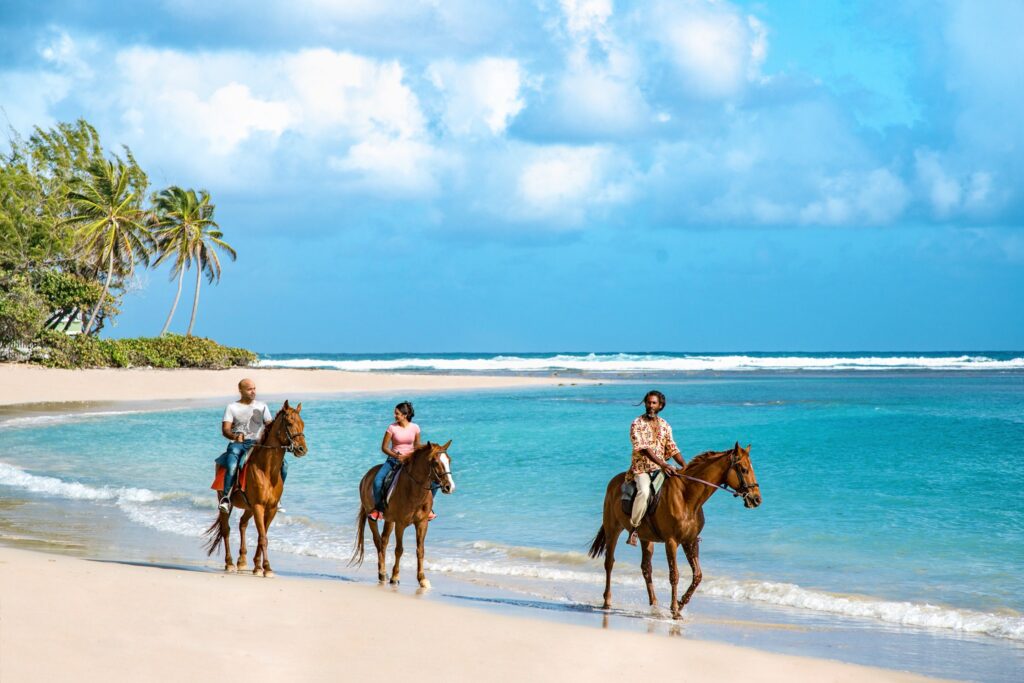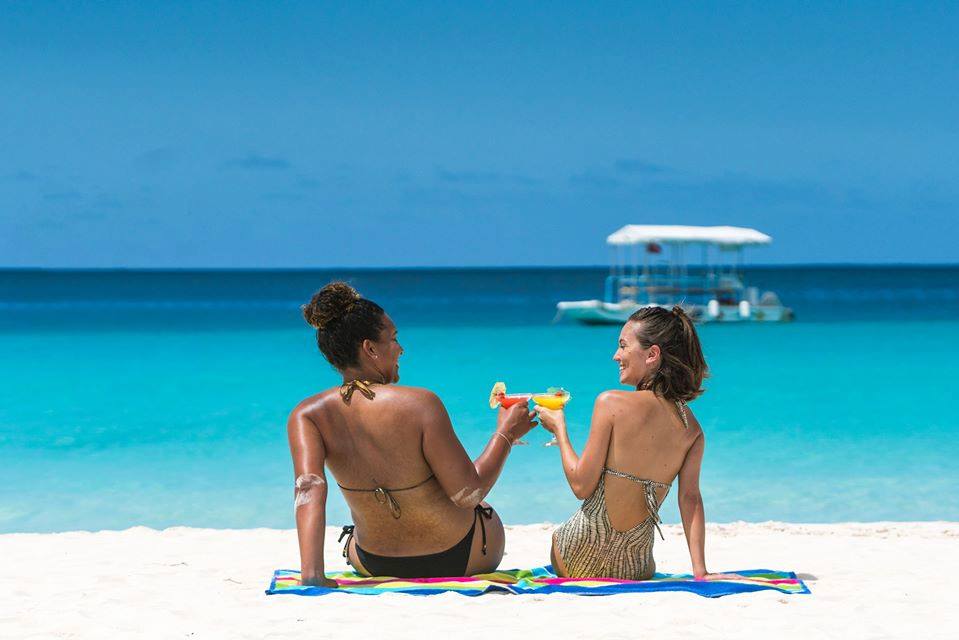Barbados Becomes Third Eastern Caribbean Nation to Decriminalize Gay Sex
In a landmark decision from the High Court, Barbados becomes the third Eastern Caribbean country to decriminalized same-sex relations. The decision was issued as an oral ruling with the written judgement to be released in late January.
A remnant of British colonial law, the Barbados Sexual Offenses Act of 1992, which this ruling now deems unconstitutional, cited buggery as an offense worthy of up to life imprisonment, and classified any sort of observable queerness as ‘serious indecency’ with a 10-year prison sentence attached if convicted.
The repeal of this law in Barbados comes on the heels of similar rulings made in Antigua and Barbuda and St. Kitts and Nevins earlier this year in what is hopefully becoming a trend in the Caribbean; because although laws criminalizing gay sex are rarely enforced throughout the region, the laws often serve to justify prejudice and hostility towards members of the LGBTQ+ community in those countries.
With this ruling, there are now only six remaining countries in the Americas criminalizing gay sex including Guyana, Grenada, Dominica, St. Vincent and the Grenadines and Jamaica, where members of the LGBTQ+ community have been forced to flee following violent attacks. A case in St. Lucia is still pending.

In the meantime, activists and organizations like the Eastern Caribbean Alliance for Diversity and Equality, which spearheaded the movement to repeal this law, have cause to celebrate. In a statement to the press, Luisa Cabal, the Regional Director for Latin America and the Caribbean for UNAIDS (the joint United Nations Program unifying 11 organizations’ work on the HIV/AIDS crisis) said:
“This historic decision is a significant step towards protecting the human rights and dignity of LGBT people in Barbados. It will also strengthen the country’s HIV response by helping to reduce stigma and discrimination faced by LGBT people and increasing the uptake of HIV testing, treatment and prevention services.”

Naturally, there is also opposition being expressed, mainly from religious leaders and conservative politicians in the region; but it is unlikely that the Barbadian government will appeal the court’s decision. Prime Minister Mia Mottley has a long-established history as an ally to the LGBTQ+ community stemming back to her time as the island nation’s Attorney General.
Hopefully the remaining six countries in the region will take Barbados example and follow suit with legislation of their own.



